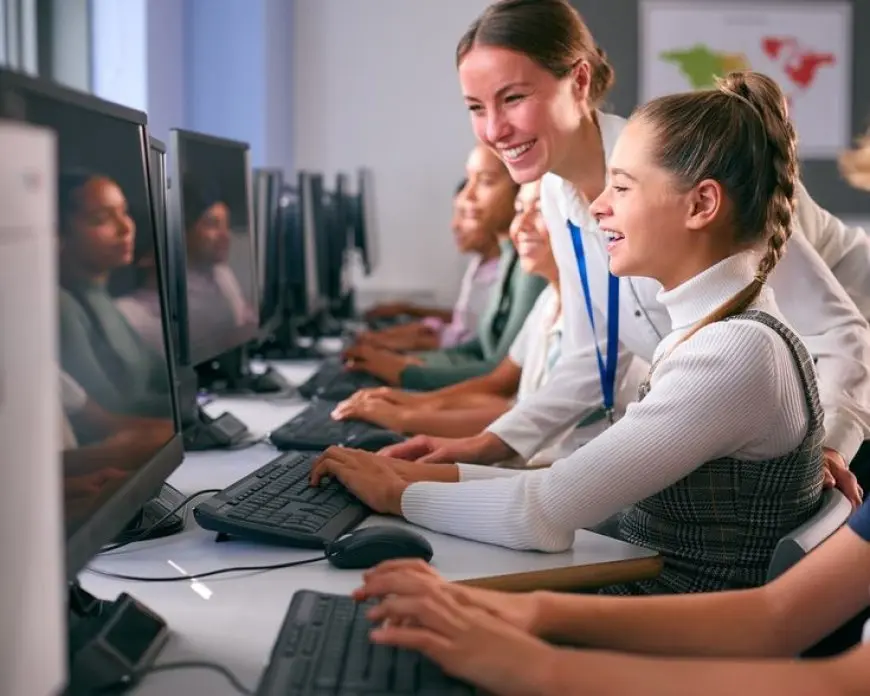The Role of Teachers in Modern Education
The Role of Teachers in Modern Education

Teachers play a pivotal role in shaping the minds of future generations. In modern education, their responsibilities go beyond simply imparting knowledge. They are mentors, motivators, and facilitators of critical thinking and lifelong learning. With rapid advancements in technology, evolving educational methodologies, and diverse student needs, the role of teachers has become more dynamic and multifaceted.
Facilitators of Knowledge and Skills
Teachers are no longer just providers of information. Instead, they guide students in acquiring critical skills and applying knowledge in meaningful ways. They:
- Encourage active participation and curiosity in the learning process.
- Integrate real-world applications into lessons, making learning relevant.
- Promote the development of skills such as critical thinking, problem-solving, and creativity.
Promoters of Digital Literacy
In today’s digital era, teachers play a crucial role in equipping students with the skills needed to navigate technology responsibly and effectively. They:
- Teach students how to evaluate online resources for credibility and accuracy.
- Integrate digital tools into the classroom to enhance learning.
- Foster discussions on cyber safety and ethical use of technology.
Advocates for Inclusion and Equity
Modern classrooms are diverse, with students from different cultural, linguistic, and socioeconomic backgrounds. Teachers must ensure inclusivity by:
- Creating a welcoming and supportive environment for all students.
- Differentiating instruction to meet varied learning needs and styles.
- Addressing biases and promoting respect for diversity.
Mentors and Role Models
Teachers inspire and guide students beyond academics. They:
- Serve as role models, demonstrating values such as empathy, integrity, and perseverance.
- Help students set personal and academic goals.
- Provide emotional support and encouragement, fostering confidence and self-esteem.
Champions of Lifelong Learning
By continuously updating their knowledge and skills, teachers model the importance of lifelong learning. They:
- Stay informed about advancements in their fields and new teaching methodologies.
- Participate in professional development programs and workshops.
- Encourage students to adopt a mindset of continuous improvement.
Collaborators with Parents and Communities
Education is a shared responsibility, and teachers work closely with parents and communities to support students. They:
- Communicate regularly with parents about students’ progress and challenges.
- Partner with community organizations to provide resources and opportunities.
- Involve families in the educational process through events and activities.
Encouragers of Independent Thinking
Modern teachers aim to develop autonomous learners who can think critically and independently. They:
- Encourage students to ask questions and explore multiple perspectives.
- Design projects and assignments that require research, analysis, and innovation.
- Provide constructive feedback to help students refine their ideas and approaches.
Supporters of Social and Emotional Learning (SEL)
Incorporating SEL into the classroom has become essential in modern education. Teachers:
- Help students develop emotional intelligence, empathy, and resilience.
- Teach conflict resolution and stress management techniques.
- Create a safe space for students to express their thoughts and feelings.
Teachers in modern education are far more than instructors. They are change-makers who adapt to the evolving needs of society and their students. By embracing these roles, teachers empower students to thrive academically, personally, and professionally, preparing them to contribute meaningfully to the world.







